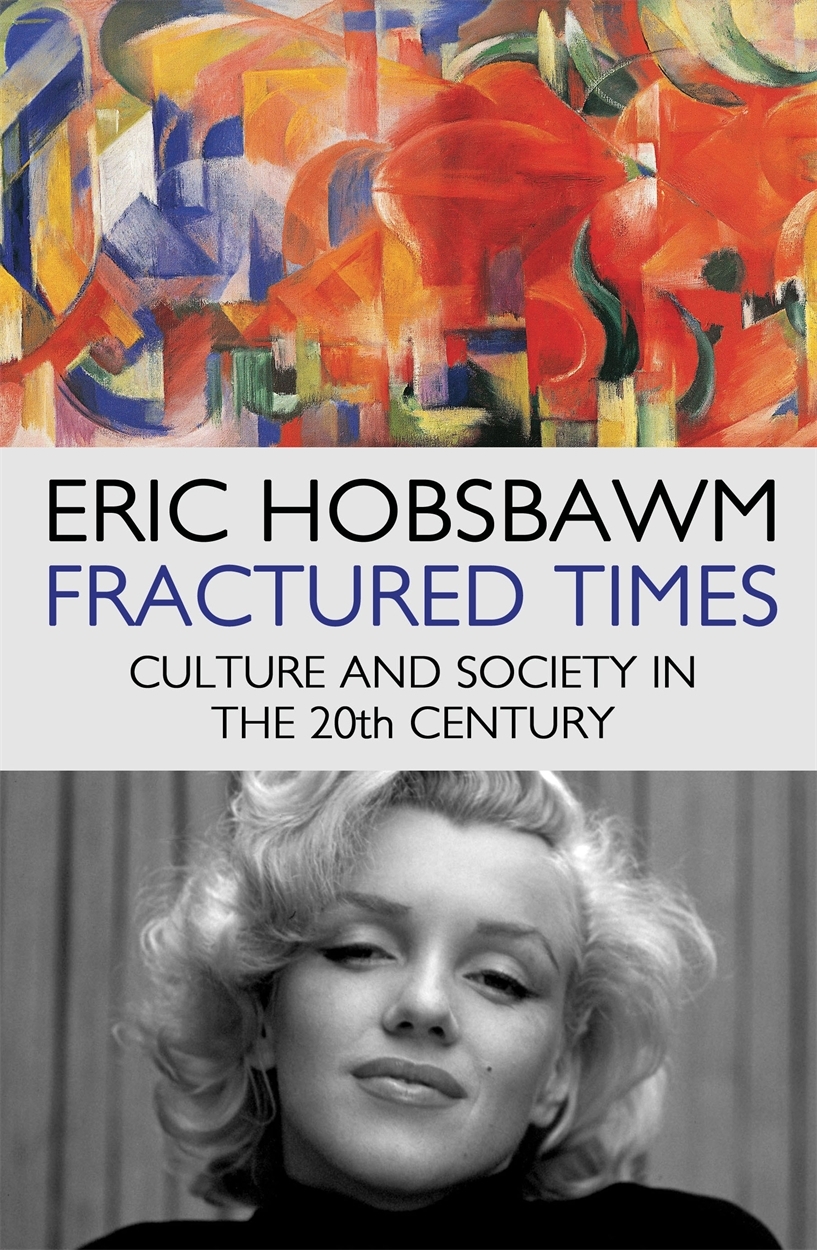Fractured Times is a posthumous collection of lectures and essays by the distinguished Austrian-born British Marxist historian Eric Hobsbawm. Its central concern is the fate of art and culture in the wake of societal upheavals brought about by the last century’s two great wars and the subsequent disintegration of the culture and values of bourgeois society. Hobsbawm, of course, is the product of that society. And this is a book about mourning lost times. It’s also a book about a historian (or perhaps, more basically, an old man) struggling to catch up with the present.
The object of Hobsbawm’s mourning is the world of high art – art that should be worshipped, adored and admired (and at times he does sound like the most Romantic of nineteenth- century novelists) – which has given way to the art of a consumer society in which ‘my satisfaction’ is the only object of experience. When it comes to artists, he has witnessed the demise of the solitary genius in favour of the vaguely ‘creative’ type, who surfs the crest of fashion and caters to an audience that seeks in art not the purely private experience but a social one. ‘So what are the artists doing?’ he wails. ‘They are making so-called ‘installations’ and videos, although these are less interesting than the work of stage designers and advertising specialists,’ he cries, with no attempt to conceal his disgust. Digital technologies are a similar cause of bafflement, but where this book is at its best, it’s an elegant mix of the personal and the general – in essays on Jewish culture (Hobsbawm was raised in a Jewish household), jazz (he wrote under a pseudonym as a jazz critic) and, of course, twentieth-century European history. History, it demonstrates, is about the individual as much as the masses.
This article was first published in the May 2013 issue.
